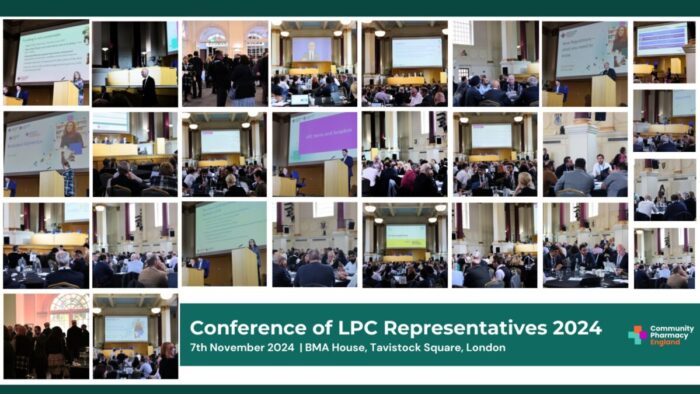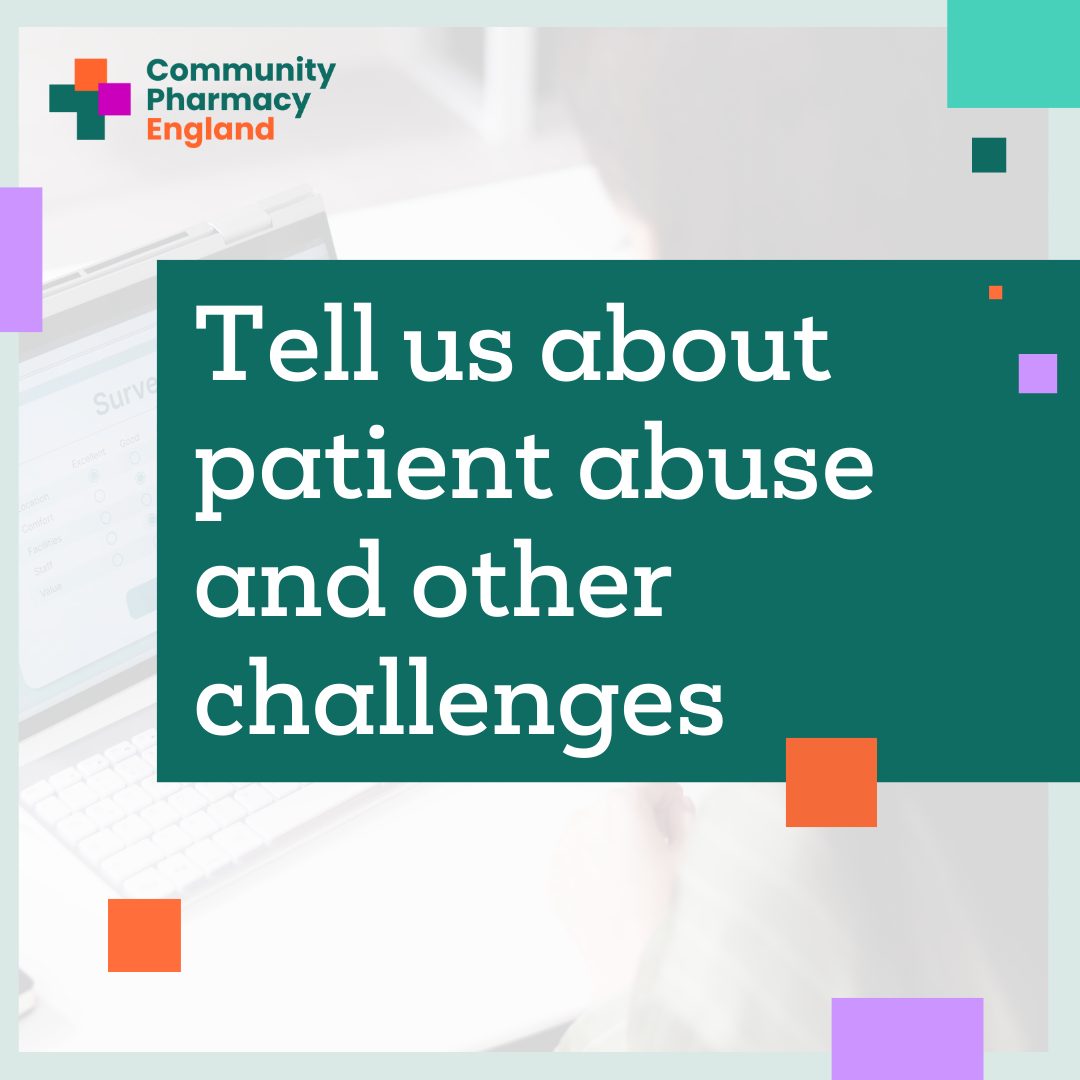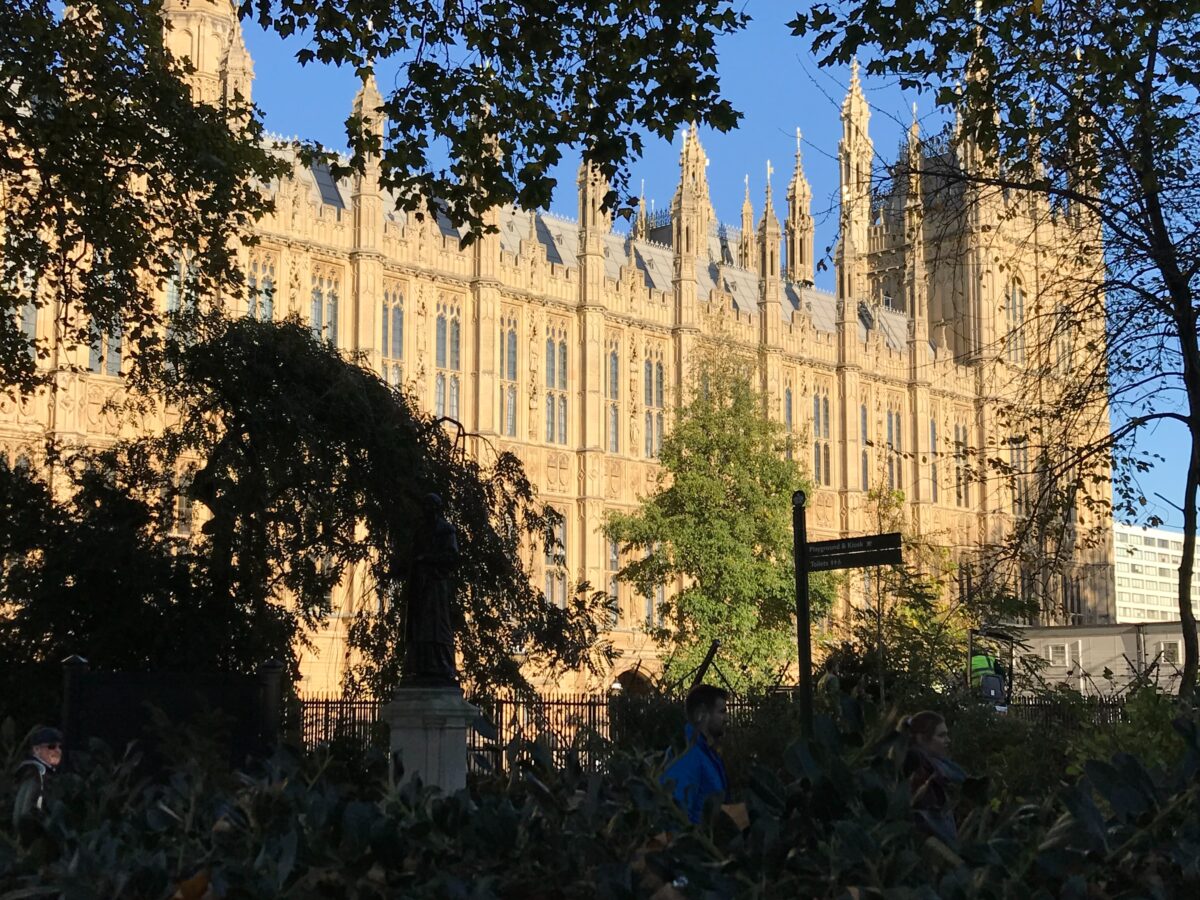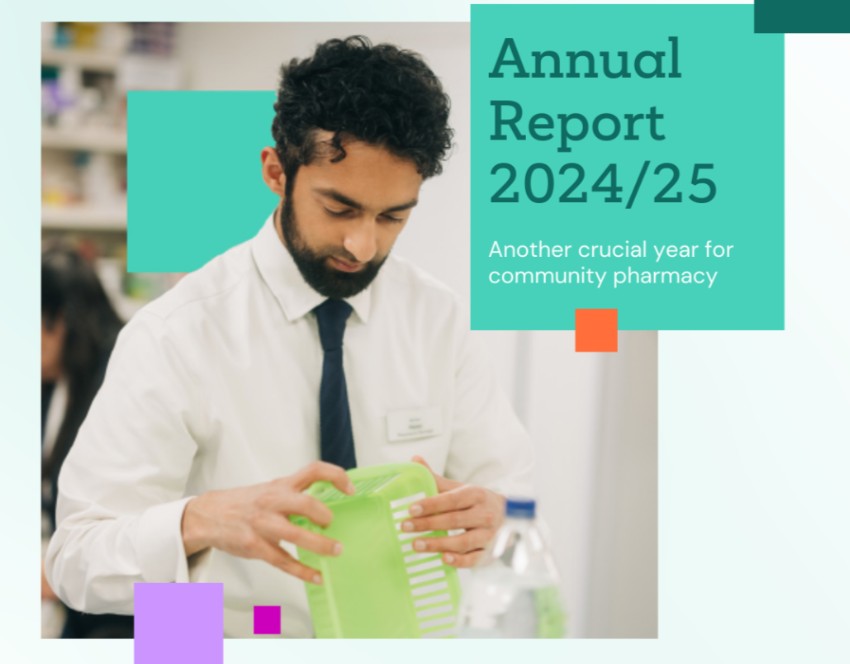One Year on from Vision: LPCs and wider stakeholders consider the outlook for pharmacy
LPCs and Community Pharmacy England met with a range of advocates and patient groups last week to reflect on the outlook for the sector a year on from the publication of the Vision for Community Pharmacy.
The Annual Conference of LPCs and Community Pharmacy England held last Thursday focussed on crucial considerations for the coming year, including inputting into the NHS 10-Year Plan and working with the new Government. The event was attended by delegates representing 52 out of the 54 LPCs.
During her keynote speech, Community Pharmacy England CEO Janet Morrison described the next six months as “hugely important” for the health policy landscape, outlining the work being done on behalf of all community pharmacies.
There has been a huge increase in demand for the services that pharmacies offer, but their capacity to deliver them is at an all-time low given the ongoing critical financial and operational pressures. “There are no more efficiency gains to be squeezed,” she warned.
Janet described how, upon re-entering negotiations, the team will be fighting not just for 2024/25 but to set clear principles for the future, such as for activity and inflationary increases to be built in. To support negotiations, Community Pharmacy England has commissioned an economic project to show the value of investment in community pharmacy – this will inform the case we put to Government ahead of its Comprehensive Spending Review.
Delegates also heard a message from Minister of State for Care, Stephen Kinnock MP, and also from Chief Pharmaceutical Officer for England, David Webb, about their hopes and aspirations for the sector. Community Pharmacy England’s Director, Legal later gave a rundown of the upcoming regulatory changes.
To help foster the sharing of ideas and best practice across the pharmacy network, the conference’s ‘soapbox’ session gave LPCs a platform to raise the issues that are important to them. Branded generics, medicines margin, and unfunded consultations were top of LPCs’ collective concerns.
There was also time for LPCs to put their questions to Community Pharmacy England’s Leadership Team and to share further ideas via polling and table discussions. All of the feedback from the day will help Community Pharmacy England to prioritise its workstreams for the coming months.
Stakeholder reception
The conference was followed by a stakeholder reception, with LPCs joined by representatives from think tanks, health charities, and patient groups. Opening remarks were made by Chief Executive of The King’s Fund, Sarah Woolnough, and Head of Policy, Public Affairs and Research at Healthwatch England, William Pett.
The Vision for Community Pharmacy was commissioned to underpin Community Pharmacy England’s work to create a new strategy for the sector, for the benefit of patients and the NHS. We are delighted that some of the recommendations of last year’s report, such as the commissioning of Pharmacy First, have been actioned, but there is still work to be done.
Attendees at the stakeholder event were given the same core message – community pharmacy is a vital healthcare asset, but it is in danger of imminent collapse – helping to renew the now widespread support for the sector.
Janet Morrison, Chief Executive of Community Pharmacy England, said:
“The Annual LPC Conference is an important opportunity to spend time discussing strategic issues and policy ideas with our network of brilliant local leaders. I’m always encouraged by the amount of great work going on across the regions and the depth of their expertise, and am pleased to give LPCs a platform to share that best practice.
And yet I’m also very aware that everyone is keen to hear about how we’re making the case for community pharmacy at a national level. First and foremost is the work in and around funding and contractual negotiations. We are hammering home the message to DHSC and NHS England that they can no longer keep adding things to their shopping trolley for pharmacy – the prices have all gone up and they no longer have the money to pay for them.
Beyond our direct contact with policymakers, we are continuing our efforts to build important advocates for community pharmacy. The more political influencers and patient representatives can echo our messages, the greater chance we have of getting cut-through at the highest levels.”









